
 The SFFaudio Podcast #442 – Jesse, Scott, Maissa Bessada, and Bryan Alexander talk about The Ax by Donald E. Westlake
The SFFaudio Podcast #442 – Jesse, Scott, Maissa Bessada, and Bryan Alexander talk about The Ax by Donald E. Westlake
Talked about on today’s show:
1997, digitizing audiobooks, a historical piece, starts in the Spring and ends in the Fall, taking the gun out into the woods, murder, Ronald Reagan, PATCO (Professional Air Traffic Controllers Organization), a chain of events, top cover, cutting the fat, Washington, DC, what you call National Airport (Ronald Reagan airport), of all things to name after Reagan, the turning point was when Carter lost the election, the CBS Radio Mystery Theater ads, what America was like in the late 1970s, a ‘we’re in this together’, so weird, refreshing, poor Bryan and Scott, a Go Fund Me for my dying brother or an author you might have read a story by, a different history, Scott’s family, realizing a lot of things, learning a lot of stuff, so many visions of what the future can be (from Science Fiction), the conservative is not how we get there, not even a scientist, Scott is very much in flux, staring open mouthed, When Worlds Collide, boiling under the ideas, who is in this?, who can we dispose of?, a man alone, he can’t depend on anyone, talking it over with his victims, a huge break between 1978 and 1982, income inequality, the Downton Abbey curve, you’re the help, one of the first literary works about neo-liberalism, professionalization, the government is hostile to you, homo economicus, Robinson Crusoe, the Decmocratic party’s turn to the right (in 1982), Regan -> Bush -> Clinton -> Bush II -> Obama, the Big Bang, the arguments that Burke makes, killing the shareholders and the CEOs wouldn’t work, will he get away with it?, should he get away with it?, automated manufacturing, meeting people like this guy, the air condition repair school, Scott’s the re-trainer, factories moving to Mexico, straight out of Scott’s life, how Westlake put this book together, a five page chapter on justification, killing people who don’t deserve it, the last lines, the cops wish him luck, he left it open, “I’m still going to get it.”, how cool Westlake is at making characters, backstories of their own, everyone in a Westlake novel has their own novel going, a house full of guns, the suit salesman, they all have middle names, some sort of sympathy, they have their own existence outside of that of the main character, a cousin or a brother out of work, looking for a job, the whole society is suffering, I didn’t know (at the time) Bill Clinton was a bad operator, Listen Liberal by Thomas Frank, an issue at the time, Clinton’s undoing of Glass-Steagall banking regulations, NAFTA, who is to blame, being triggered, The Grapes Of Wrath by John Steinbeck, it’s not my fault, a two page POLI-SCI exercise, one of the most radical books in American literature, the French movie adaptation, does the end justify the means, that’s what it comes down to, they say that in wartime, this is a war book, the Vietnam War, this war is personal, resumes, everyone has been in the military, Burke Devore, Burke the smotherer, Devore = the eater, the consumer, Arcadia = utopia, Sleepy Hollow, bucolic or suburban, Westlake lived in upstate New York, prime rustbelt area, Connecticut, Vermont, New Hampshire, change is inevitable, elevator operators, the greed of the corporation, there is never enough, we can make more money, cultures, when you’re in the American bubble, the entire newsmedia can ignore vast swaths of reality, South Korea is super-duper-capitalistic, how powerful a tiny little peninsula can throw out companies like Samsung, LG, Hyundai, Kia, an implicit deal, the society doesn’t throw people away, trashing productive people in productive companies, whether he’s right or not the sentiment is right on, everyone is in the same boat, he’s the only one who has taken this technique to heart, the movie version’s ending, could a woman do your job, the same scary path, how effective it is, pulling a Westlake, Wanda Holloway (killing a cheerleader’s mother), the decline in violent crime, Malcolm Gladwell, Stephen Pinker, Freakonomics, leaded gas, impulse control, the lead theory, it doesn’t fit into any politics, crime translated into politics, economic and political crime on the upswing, the protected classes, ultimately you can’t defy the system, tiny house blog’s podcast, yes, that’s me, “remove yourself from the economy’s well being”, look at Wall Street’s numbers!, an insanely crazier economy, the “gig economy”, the cops are fine, it’s a growing industry, the nurse who was attacked in Utah by a cop, the cop had a second job, he was fired from his second job, now the police are eating themselves, police men and nurses were on a team, now their fighting each other, when you’re a kid and you’re young, cops job is to arrest people, people abuse their power, the cops aren’t really you’re friend, the BCCLA, Kim Campbell, cosmic level security clearance, if its an honest mistake…, Burke Devore gets a fair shake from the cops, since 1997 even the cops aren’t safe, in Australia they call the gig economy the American Economy, how we’re going to break the taxi industry, Uber, driverless cars, the only thing keeping violence, everything is more expensive today except for food, at least we’re not starving, bread an circuses, boomers and millennials, nno matter how many university degrees you have, a rich professor, who has been more tricked and put upon than the PhD candidate price markup has gone from 15% to 70%, mysteries vs. crime thrillers, genre moves, this is Scott’s fifth Westlake novel, incredibly clear and so smooth, profound, ‘I can only guess at any of these things and see what I do in response’, some books are designed to be chewed up and enjoyed, as a period piece, a bit weird that Westlake was so perceptive at such an elderly age, Donald E. Westlake has a cameo at the 22 minute mark in the French film adaptation, he sits in the garage and tries to think through the problems that he’s having, he’s the guy who fills the paper, a nod and a wink, a writer going through, so orderly and so ABCD, first person always becoming present tense, he’s always becoming, that first moment, “oh, my god he did it!”, every-time, thunk thunk, the tape, “my hand was on my mouth”, Westlake wrote an article about why he left Science Fiction (in Xero), Anarchaos by Curt Clark aka Donald E. Westlake, one of things that Westlake complains about is not getting paid, they promise to pay me and then they don’t, when I sell a book they pay me, you can’t make a living at Science Fiction, maybe 10% of people make a living, James Patrick Kelly doesn’t make his living writing Science Fiction, Gene Wolfe never made a living, crappy rural internet, Ted Chiang, Timothy Zahn made more on his first star wars book than all of his novels and stories combined, K.W. Jeter, kinda meta, The Hook by Donald E. Westlake, Amazon.com, basically, the publishing industry, writer’s block, Judson Jack Carmichael, always experimenting, Samuel Holt, Magnum, P.I., Westlake is super-addictive, he doesn’t really write mysteries, Westlake’s subject was the economy in the late 20th century, Macbeth, if I kill Duncan I will be King, if I turn back, I can’t stop at this point, alas alas, Vermont internet = swear words, going back to the cops again, the wife is so awesome after dealing with the cops, he lets that pass, Philosophy Of Law class, what are your responsibilities, I should co-operate with the police, I should confess, their job is to get convictions, being disabused of this, he should have been pirating instead of stealing CD-ROMs or floppy disks, The Young Turks, working in the best interest in the victim, the whole purpose, covering asses, that blue shield, the privatization of prisons, widgets per hour, arrests, tickets, target the people who can’t fight back, racism is a tool used to divide and conquer, you pit them against each other, it sounds familiar, a tool to be used against your seizing their power, Leaders Eat Last by Simon Sinek, a whole host of terrible behaviors, there could have been a great disaster, open season on cuts, Train To Busan (2016), I’m a boss, we’re all in this together, a war of all against all, The Apprentice mode of government, what makes him a leader is that he fires people, Scott has no place, put out on his iceberg, I felt worried while reading this book, I felt paranoid, you’re fifty years old and you have a very particular skill, a La-Z-Boy factory that moved to Mexico, I’ve been putting chairs together for 20 years – now what, the double jobs, teachers have two jobs, Scott Walker wanted to make the teacher’s union illegal, making decisions not in the student’s best interest, a department head, why someone would take a pay-cut to become a teacher, it’s so upside down, teaching students in British Columbia, smaller class sizes, assistance in the classroom, curricula, PATCO’s goals: a maximum of a 32 hour work week and maximum of 8 hour shifts, Labour Day, life under Bill Clinton, Pushing Tin (1999), Billy Bob Thornton and John Cusak, pee breaks, fire doors not locked, NAFTA is not a good thing if it only helps companies screw over workers, re-negotiating NAFTA, an advantage for companies moving to Canada, globalization, fewer barriers make things move better, fear, BREXIT, seeing declines in a standard of living, Walmart is fucking things up up here too, their economic model is to exploit the food stamp subsidy for their own benefit, she’s become kind of bitter, arguing about having a day off, that line from Charles Dickens,
‘Annual income 20 pounds, annual expenditure 19 [pounds] 19 [shillings] and six [pence], result happiness. Annual income 20 pounds, annual expenditure 20 pounds ought and six, result misery.’
cutting to the bone for so long you have no bones left, GDP percentage of debt, offering security at rates in order to manipulate the market, Canada’s net public debt 98.8 as a percentage of GPD, USA’s net public debt 77%, taxing wealth instead of income, getting away from the book, Jesse’s solution, taxing capital gains, a tiny percentage of the population has gotten most of the productivity gains of labour for the last 25+ years, everything is expensive except for food, mass starvation seems to be the key to revolution, Trump puts an ugly face on an ugly problem, shaking things up, Mark Zuckerberg as president?, The Rock would make a better president!, he’s a high speed Train To Busan.

Posted by Jesse WillisBecome a Patron!


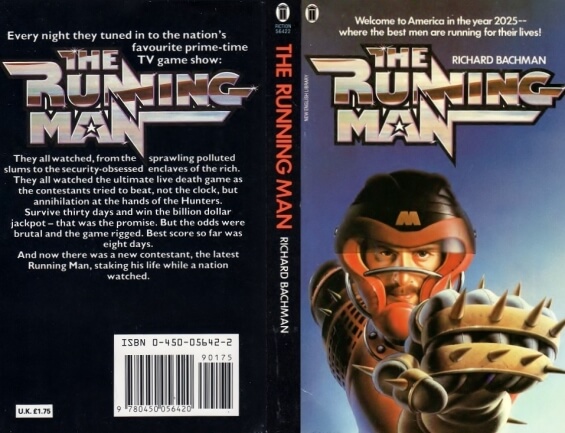
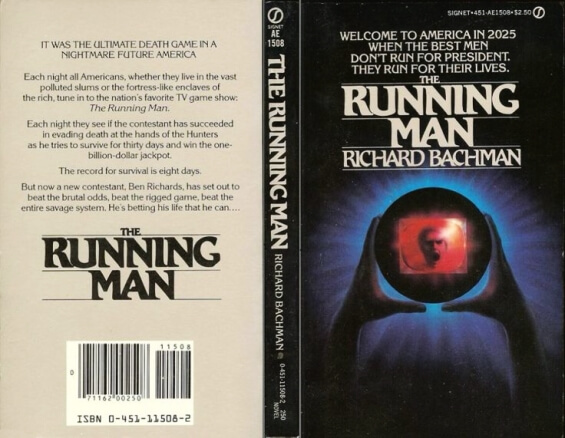
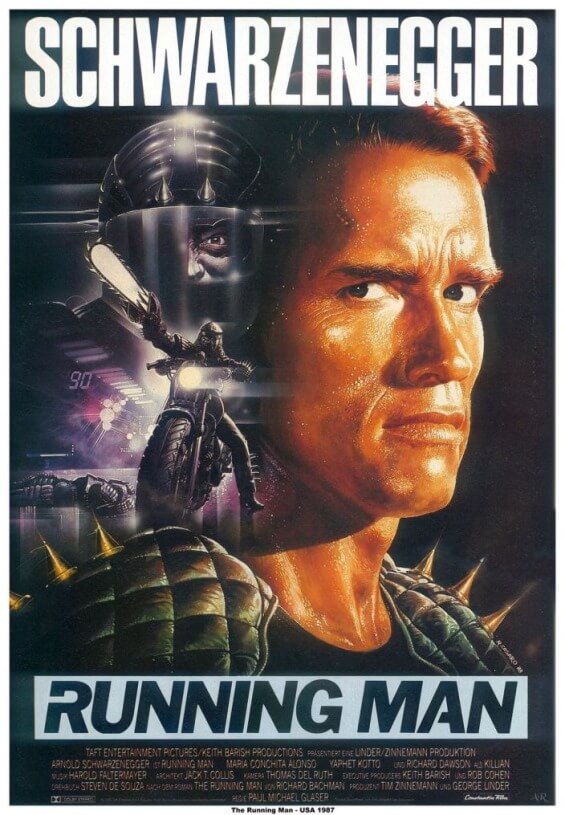
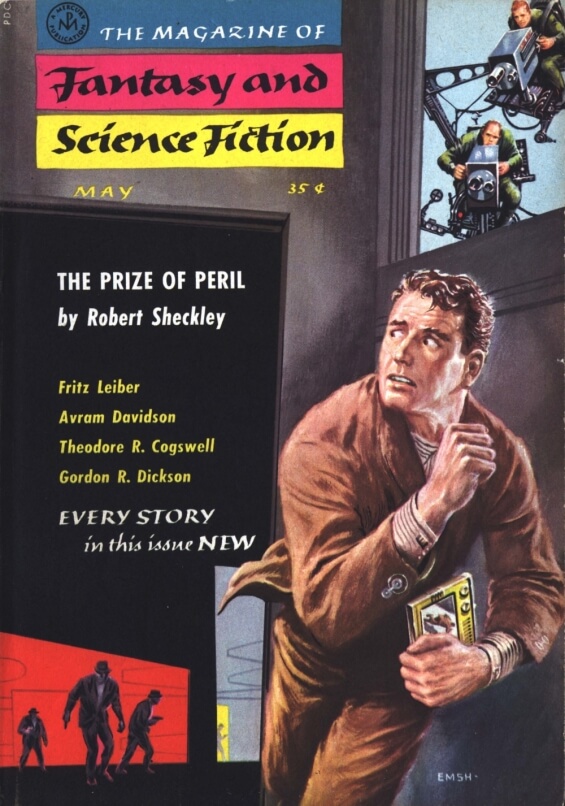

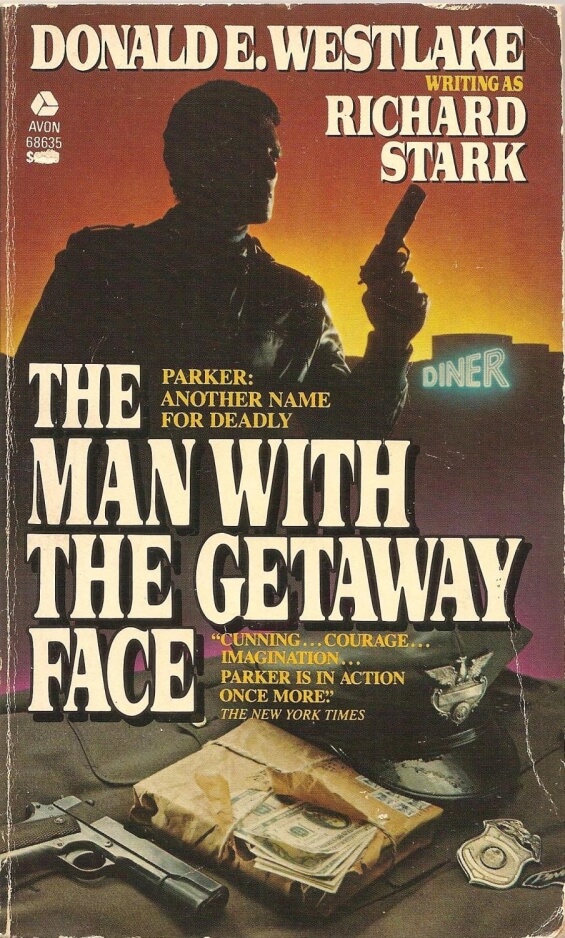








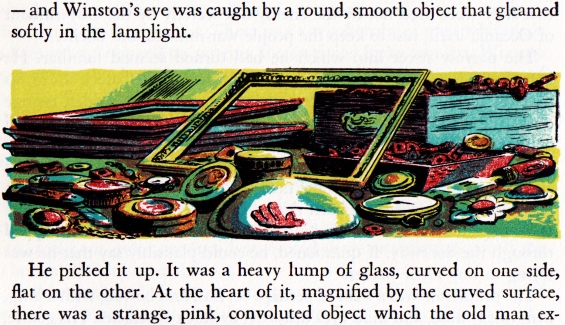


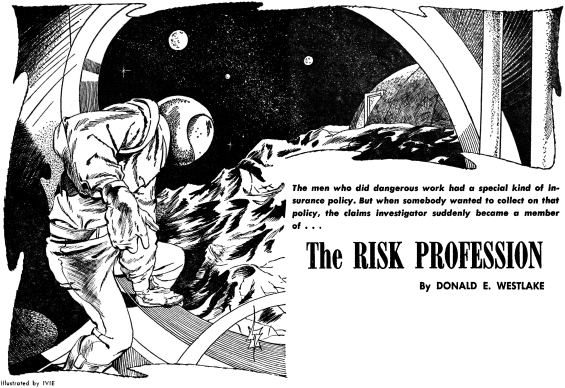
 The Risk Profession
The Risk Profession